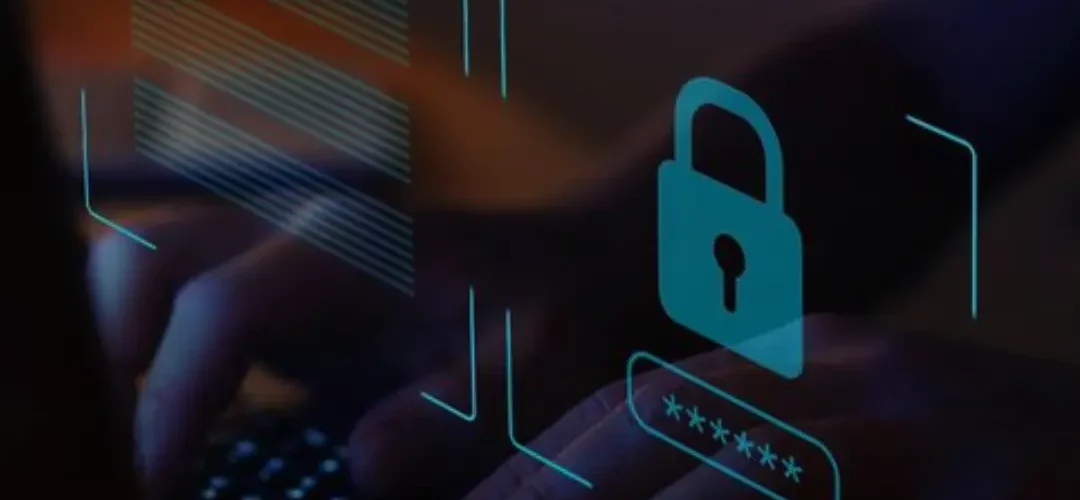What is a VPN and How Does It Work? A Beginner’s Guide

Why Privacy & Security Matter More Than Ever
In today’s connected world, your personal data is constantly at risk — whether you’re browsing at home, working remotely, or using public Wi-Fi. Every click, search, and message can be tracked.
That’s where a VPN (Virtual Private Network) comes in. If you’re new to VPNs, check out our guide on common VPN terms explained simply for beginners to get started with confidence.
What Is a VPN?
A VPN creates a secure, encrypted “tunnel” between your device and the internet. It hides your IP address and shields your online activity from prying eyes — whether they’re hackers, advertisers, or even your internet service provider.
Think of walking through a crowded city where everyone can see your destination. A VPN is like slipping into a hidden underground passage — private, secure, and invisible to outsiders. To learn more, check out The Ultimate Guide to VPNs: Protecting Your Digital Privacy in 2025.
How Does a VPN Work?
- Connect to a VPN server: You choose a server location, often in another country.
- Encrypt your data: Your information is scrambled into unreadable code before leaving your device.
- Travel through a secure tunnel: Prevents interception during transmission.
- Hide your IP address: The VPN assigns you a new IP, masking your location.
- Browse safely: The server sends and receives data on your behalf — instantly and securely.
Why Use a VPN?
- Stay secure on public Wi-Fi in cafés, hotels, or airports.
- Hide your IP address and online identity.
- Access streaming services or sites blocked in your country.
- Bypass government censorship.
- Prevent ISPs from tracking or selling your browsing activity.
What a VPN Can’t Do
- Replace antivirus: It won’t stop malware or phishing — you still need strong security software.
- Guarantee speed: Encryption can cause slight slowdowns, but good VPNs minimize this.
- Remove the need for trust: Always choose a provider with a strict no-logs policy.
When to Use a VPN
- When traveling abroad but needing access to home-country services.
- While on public Wi-Fi networks.
- When working remotely and accessing company resources.
- To stream blocked or censored content.
- During private activities like banking or messaging.
How to Choose a Good VPN
- No-logs policy: Ensures your activity is never stored.
- Strong encryption: Look for OpenVPN or WireGuard protocols.
- Global server network: More locations mean more access options.
- Solid performance: Suitable for streaming, gaming, and video calls.
- Cross-device support: Works on computers, phones, and routers.
- Good reputation: Transparent and privacy-focused providers are best.
Is a VPN Worth It?
Absolutely. In a time when your personal data is constantly intercepted, a VPN gives you control over your privacy. It’s not a magic shield, but paired with smart browsing habits, it’s a powerful step toward online safety.
Take that first step today — protect your data, browse anonymously, and access the internet without limits.
